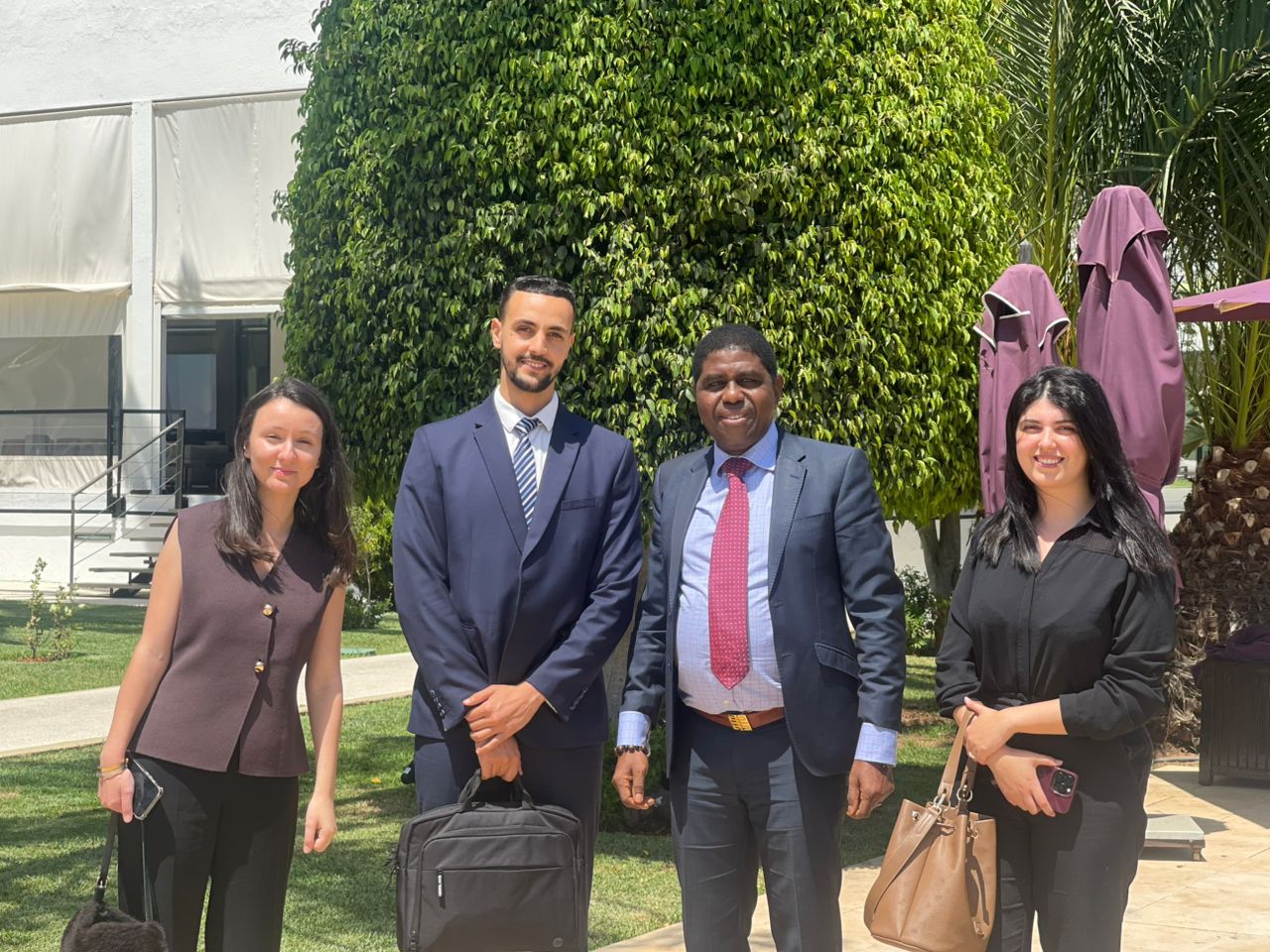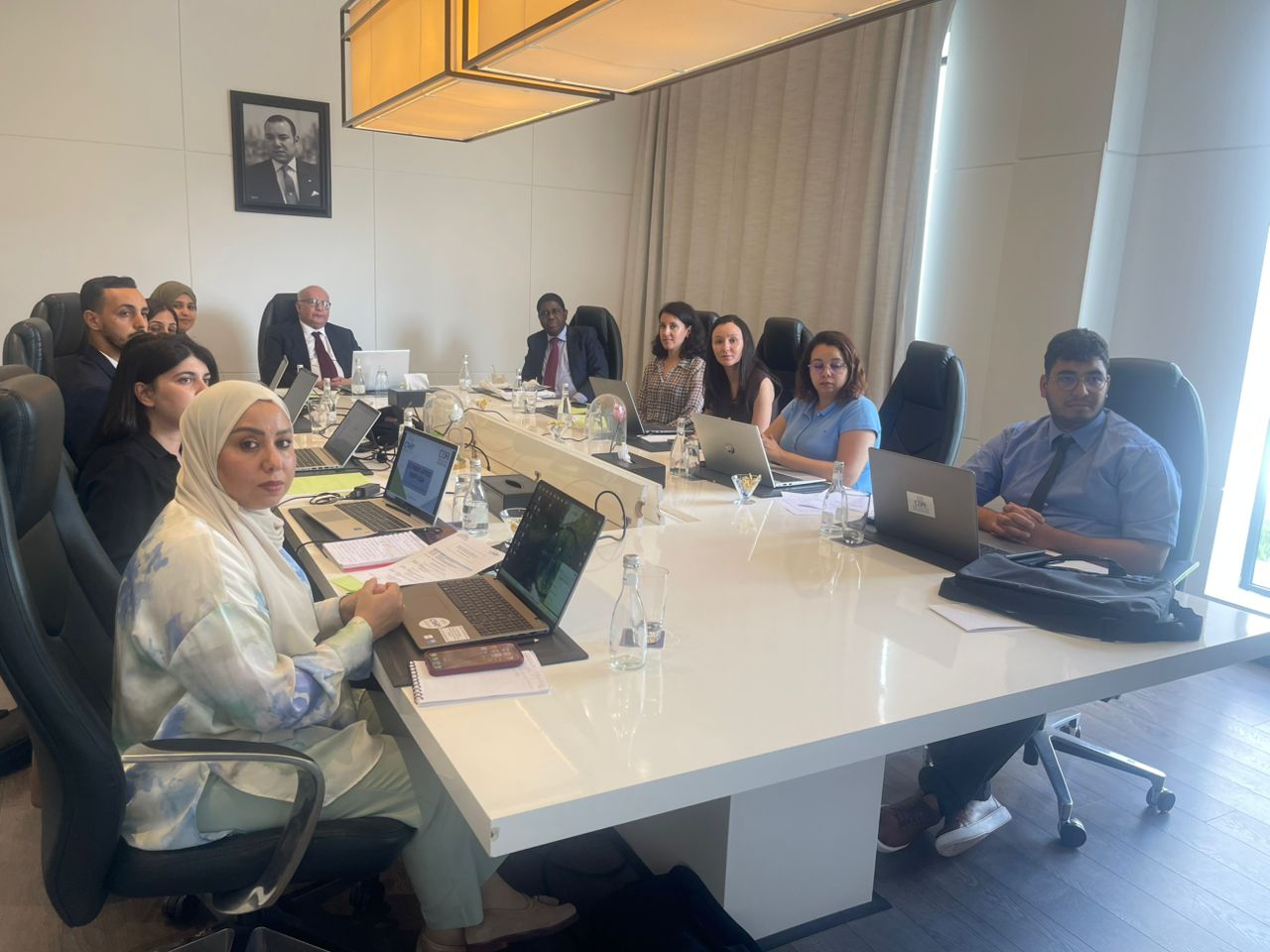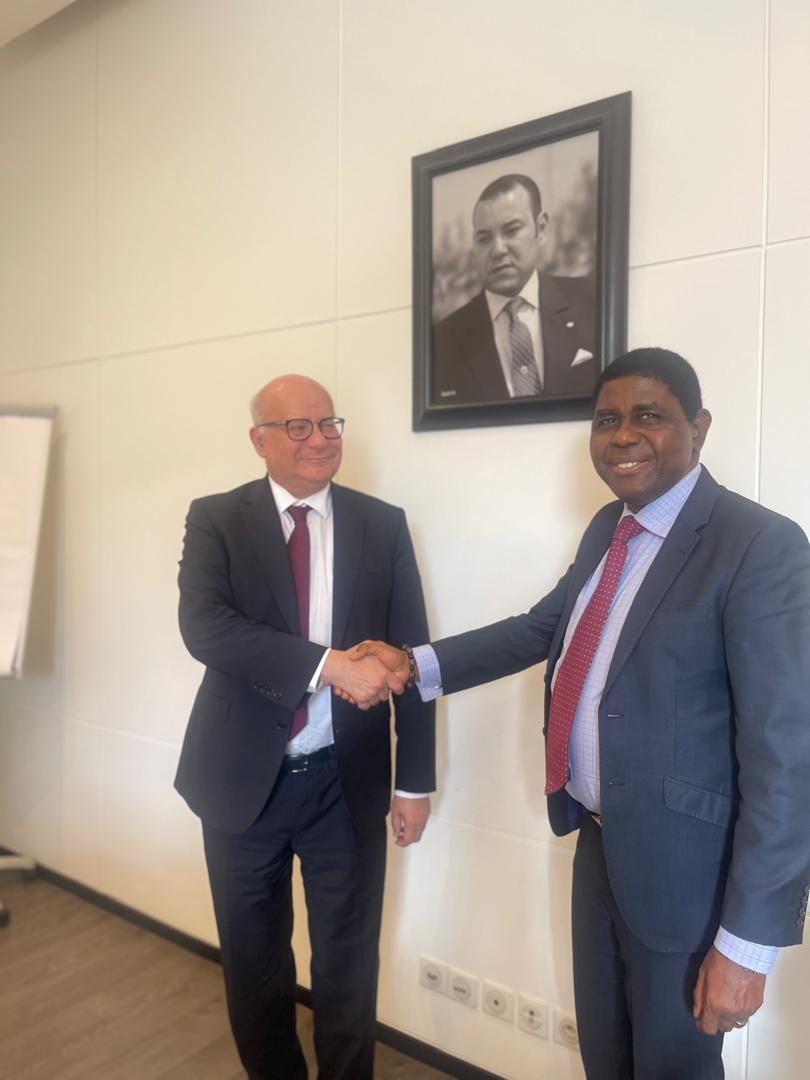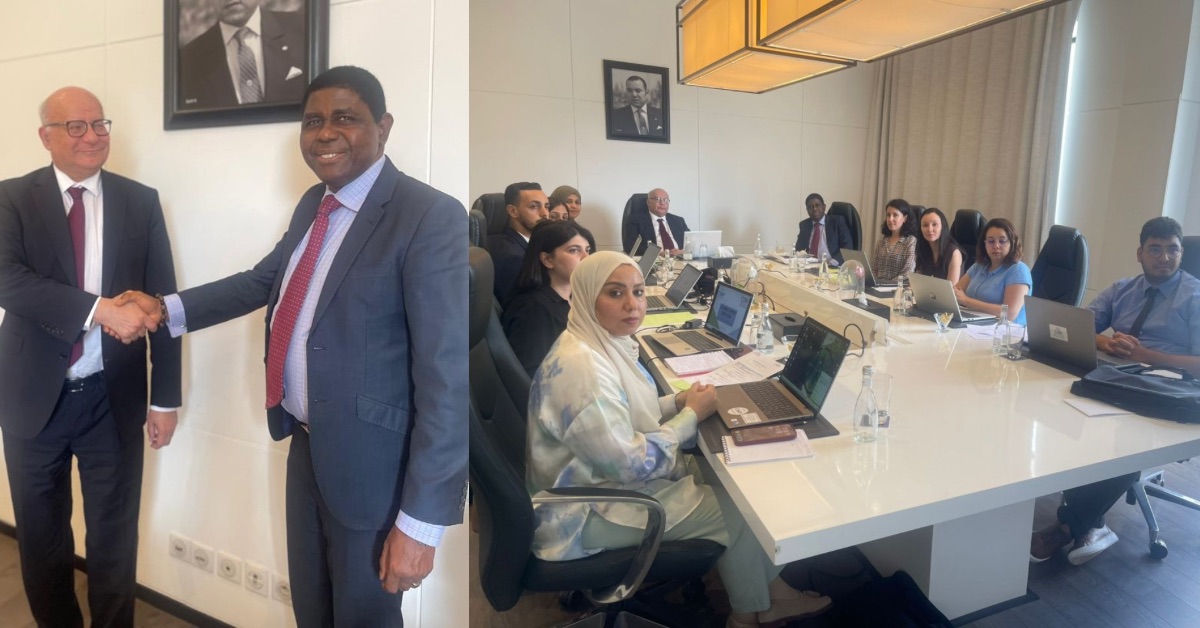Dr. Ibrahim Seaga Shaw, the Chairman and Information Commissioner of the Right to Access Information Commission (RAIC), recently completed a two-day study tour in Morocco, aimed at enhancing collaboration between Sierra Leone and Morocco on access to information and data protection.
The visit, which took place on the 2nd and 3rd of June 2025, was initiated following a prior bilateral meeting with his Moroccan counterpart, Mr. Omar Seghrouchni.
In an interview reflecting on his experience, Dr. Shaw emphasized the significance of the exchange, stating, “This was a learning opportunity for both Sierra Leone and Morocco on access to information and data protection.”

The collaboration stems from discussions held at a global UNESCO event in Ghana last year, where both leaders explored potential partnerships.
Dr. Shaw asserted the differences in the development of access to information laws in both nations. “Sierra Leone is far ahead of Morocco on RTI global ranking,” he noted, pointing out that Sierra Leone’s access to information law was enacted in 2013, while Morocco’s was established in 2018.
He further acknowledged Morocco’s early start with data protection legislation, which began in 2009, stating, “The same authority that provides oversight for data protection is the same authority that oversees access to information.”

A key takeaway from the tour was the operational model used in Morocco, where both data protection and access to information are managed by a single authority, reducing conflicts between the two mandates. Dr. Shaw remarked, “I think that model is good as it reduces conflict between access to information and data protection.”
In discussing funding mechanisms, Dr. Shaw noted that while Morocco relies solely on state funding, Sierra Leone’s RAIC is permitted to seek external funding, a provision that enhances financial independence. He stated, “For us, there is a provision in the RAI Act 2013 that allows us to look for funding outside the government structure.”
The RAIC Chairman also compared proactive disclosure practices between the two countries. He explained that Morocco does not have a minimum threshold for information disclosure, contrasting with Sierra Leone’s requirement for public authorities to disclose at least twenty-two classes of information. “That is one of the lessons Morocco learnt from Sierra Leone during the study tour,” he added.

Dr. Shaw further noted the differences in enforcement mechanisms, highlighting Morocco’s judicial tribunal for enforcing access to information decisions. He expressed interest in adopting similar strategies in Sierra Leone, especially as the country reviews its existing access to information laws.
On the digital front, Dr. Shaw praised Morocco’s advanced digital infrastructure for information access, stating, “They have more advanced digital infrastructure to facilitate access to information.” He also shared insights about Sierra Leone’s digital access platform, which received commendations for its real-time alert feature.
The study tour concluded with both nations agreeing to develop a memorandum of understanding (MoU) to enhance mutual collaboration on access to information and data protection initiatives.
Dr. Shaw expressed gratitude for the hospitality he received during his visit, describing it as a valuable moment of experiential learning and knowledge exchange.











